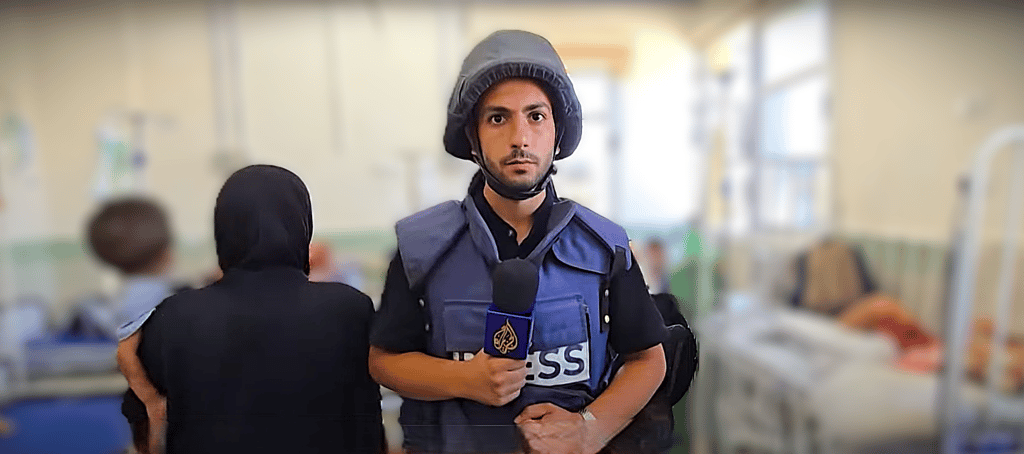Investigation and Global Response Deepen Following Anas al-Sharif’s Death in Gaza
On August 12, 2025, international calls for investigation and journalist protection grow louder after Al Jazeera’s Anas al-Sharif was killed in a Gaza airstrike.
Raja Awais Ali
8/12/20251 min read


Global Outcry Continues as Investigation into Anas al-Sharif’s Death in Gaza Deepens
Two days after the tragic death of Al Jazeera correspondent Anas al-Sharif in an Israeli airstrike near Al-Shifa Hospital in Gaza City, the international community remains deeply shaken. The strike, which claimed the lives of six journalists including al-Sharif, has sparked widespread condemnation from governments, human rights organizations, and press freedom advocates worldwide.
On August 12, 2025, calls for a transparent and independent investigation into the circumstances surrounding the airstrike have intensified. The United Nations, the European Union, and multiple human rights and press organizations have urged Israel to provide credible evidence to justify the attack, which Israel claims targeted militants but which Al Jazeera and independent observers deem a deliberate strike on journalists.
Meanwhile, vigils and protests continue globally, with thousands gathering in major cities to honor the fallen journalists and demand protection for media personnel working in conflict zones. The killing has reignited urgent debates about the safety of journalists covering the Israel-Gaza conflict, which has become one of the deadliest theaters for reporters in recent history.
Al Jazeera’s leadership has condemned the attack as a grave violation of international law and an assault on press freedom. They emphasize that journalists must be allowed to carry out their work without fear of being targeted. The loss of Anas al-Sharif, known for his fearless frontline reporting, has left a profound void in media coverage from Gaza.
As of August 12, humanitarian agencies report worsening conditions in Gaza, with escalating violence and severe shortages of essential supplies. Journalists remain critical in documenting these developments and holding parties accountable, making the call for their protection all the more urgent.
This ongoing tragedy highlights the perilous environment in which reporters operate and underscores the need for stronger international mechanisms to safeguard press freedom and human rights in conflict zones worldwide.